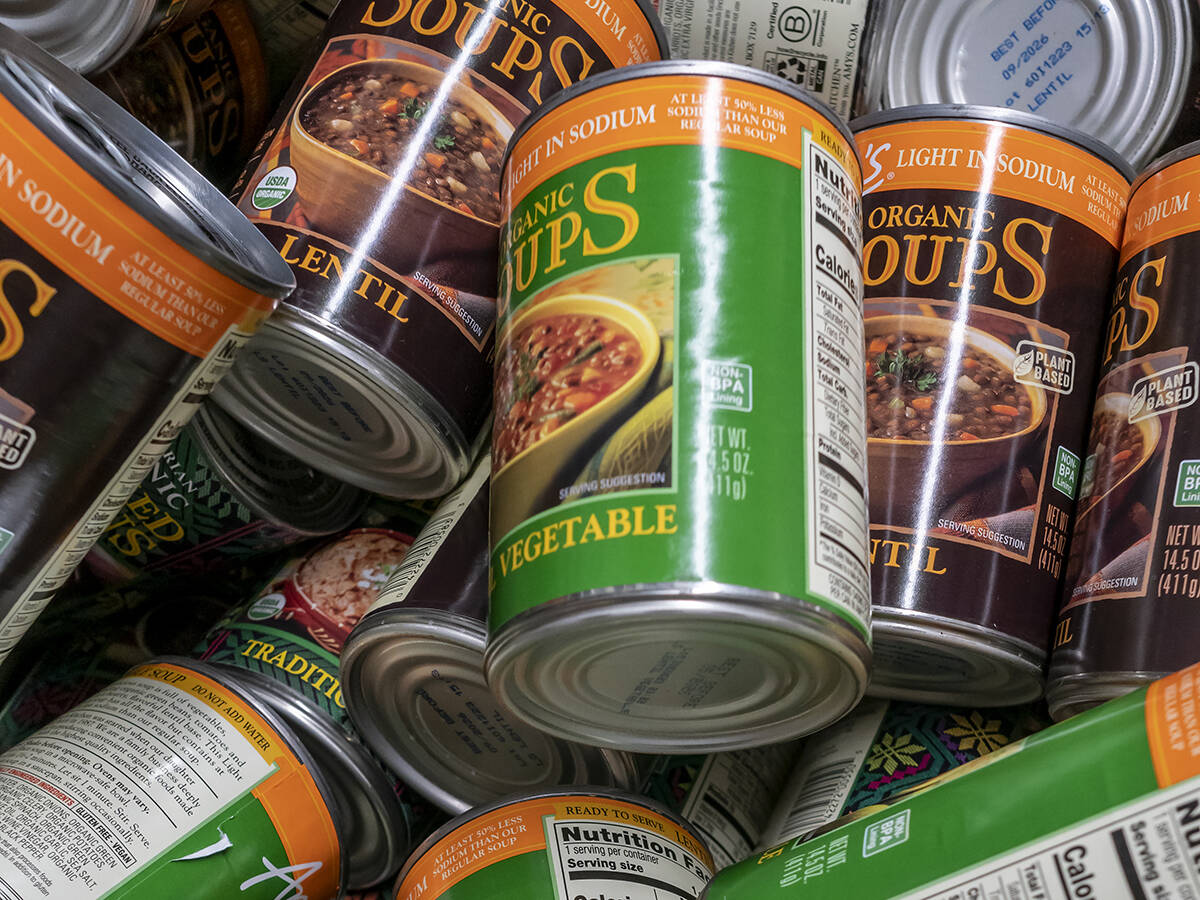Sheep farm sells wool products, meat | Spinning workshops in planning stages
McCREARY, Man. — A Romney wether acts more like a dog than a sheep, nudging in for a pat, while three Icelandic sheep huddle together to warily watch the scene from across the pen.
Diana Neuman raises sheep for meat and fibre markets and grows feed with her husband, Terry, and their two teens at Tall Spruce Farm just east of Manitoba’s Riding Mountain National Park.
The 120 head of sheep, which range from Dorsets to Icelandic, feed her passion for spinning and knitting. The family’s quarter section also houses a commercial herd of Rideau-Arcott, North Country Cheviot and Suffolk crosses.
Read Also

Sustainable food has ‘lost all meaning’: prof
That marketing strategy is deader than a doornail, says a University of Guelph professor who specializes in consumer preferences and perceptions of agriculture and food.
“I love fibre. It’s an addiction,” said Neuman, who started the herd with six animals.
“I love dyeing and colour.… For me, getting sheep was part of a lifelong dream of spinning.”
She couldn’t process enough wool herself so now sends it to Custom Woolen Mills in Carstairs, Alta., which produces the rovings that she sells, spins or turns into finished products such as mittens.
On this blustery day, green wool flaps in the wind like a kite string.
She sells a variety of items at fibre festivals and craft sales — from hats to shawls — but conceded it’s tough going.
“There’s only the odd person who’ll spend the money on wool mitts instead of (at) Walmart’s,” Neuman said.
Both Neumans work off farm: she as a substitute teacher and Terry in road construction.
The livestock business means lots of contact with other producers in the business and gathering helpful tips.
“They’re a resource we’ve learned from. I’m open to learn new things,” she said. “As many sheep producers as you have, that’s as many different opinions you have.”
Hesitation means death in sheep, she added.
“We learned if we think we should intervene, we should have done it yesterday,” Neuman said.
“Procrastination is a bad thing when it’s a health issue.”
Lambing is their busiest time, and the entire family takes time off to pitch in. They chose Dorsets for their calm temperament and mothering abilities and because Canadian farmers produce less than half of the lamb that is consumed in this country.
“I thought I would do my part,” she said.
The Icelandic sheep were chosen for their unique history as well as fluffy fleece that forms soft corkscrew ringlets.
“(The wool) look like haystacks when sheared,” said Neuman.
A shearer arrives ahead of lambing in March, with the animals relying on a barn for shelter and plenty of feed to protect them from cold and wind.
She keeps the best fleece and sells the rest to Canadian Co-operative Wool Growers in Lethbridge.
Buyers who order a meat animal pick it up at Oak Ridge Meats in McCreary, where it is processed.
Neuman would eventually like to have sufficient freezer space available to store meat on the farm.
The Neumans market their animals through flyers, business cards, shows and Facebook.
They are also working on tourism initiatives for the region with other producers.
Initiatives include Open Farm Days, school tours, farm visits, spinning demonstrations, horse trail rides, biking, hiking and wildlife viewing from hunting blinds in the woods. One idea is to host fibre workshops at Tall Spruce and provide accommodation at the French family’s Farm Cottage guest house and bed and breakfast.
“Come out to the country and chill and enjoy the country life,” Helen French said about her farm, where the family raises pigs and cattle.
“We are encouraging people to come and stay on the farm and see how things work. We hope (Riding Mountain) will draw people in. We try to push the eastern side of the park to bring people in because there’s a lot here for people to see.”
















